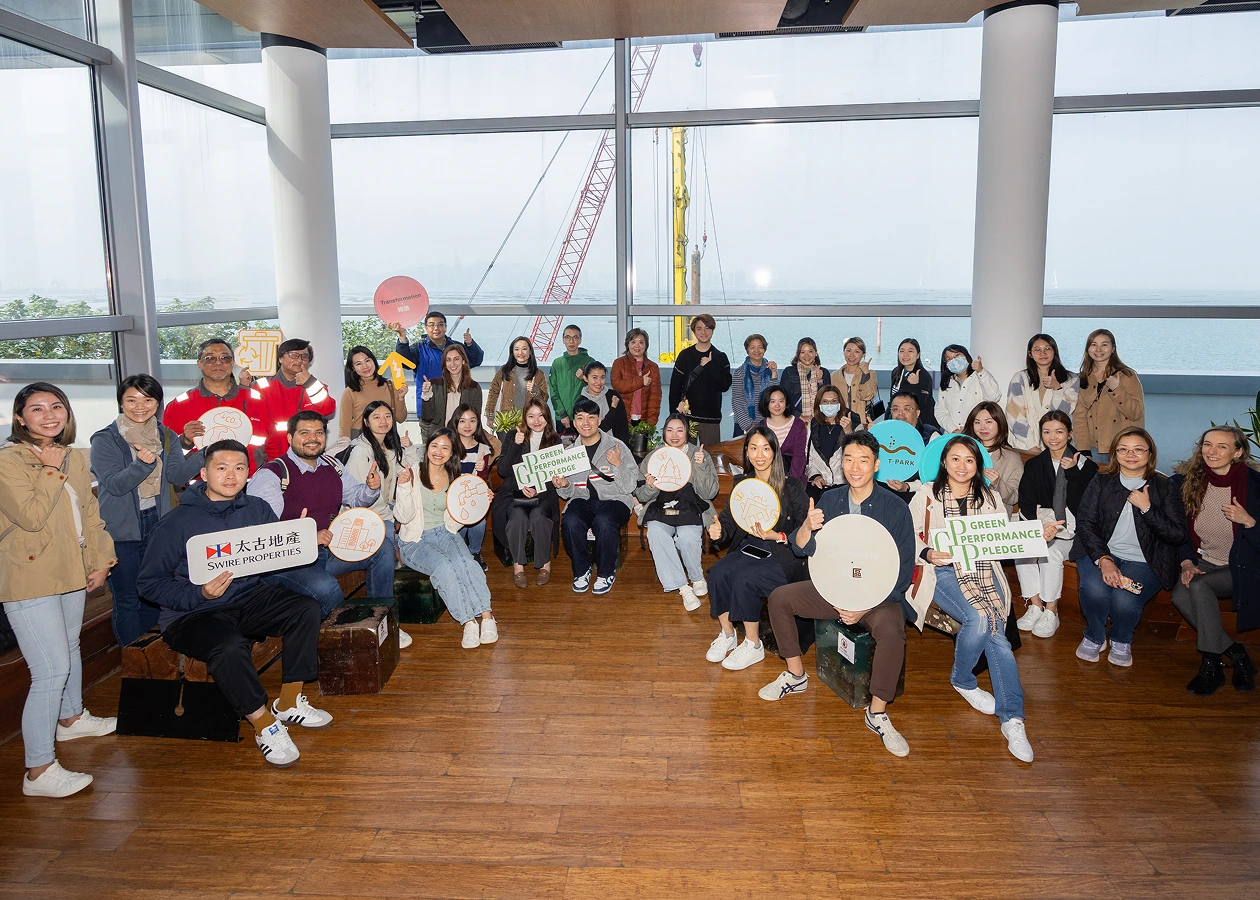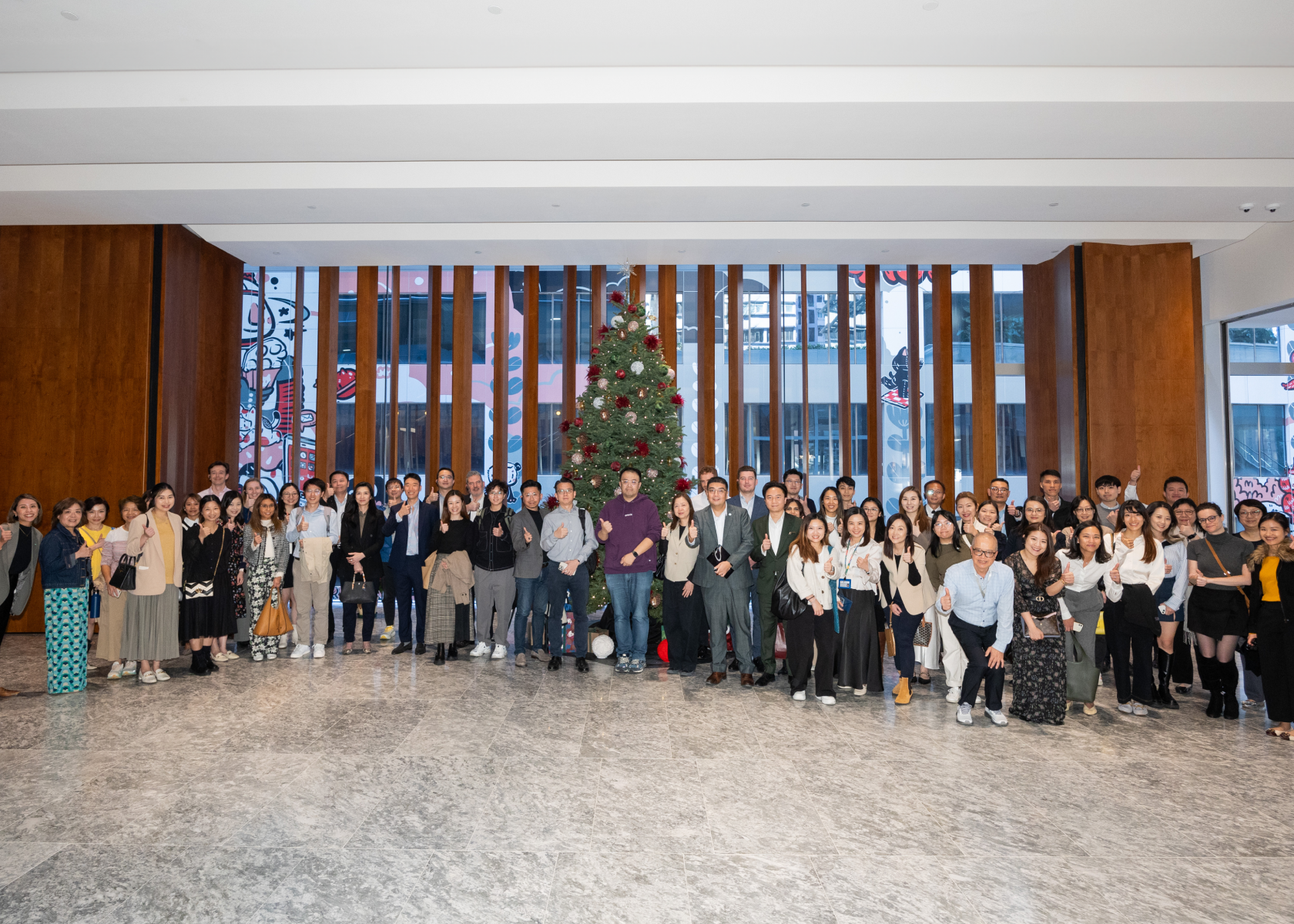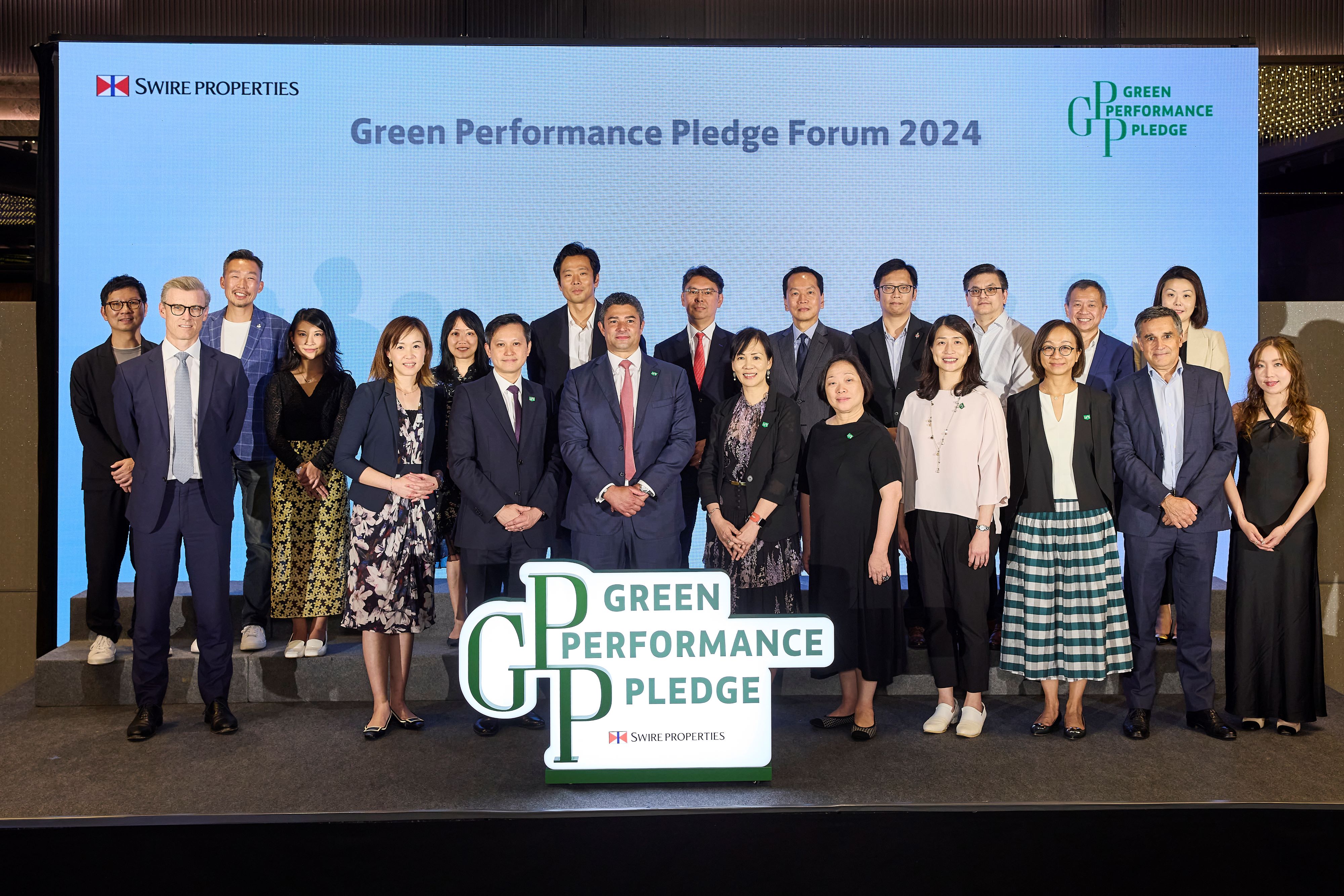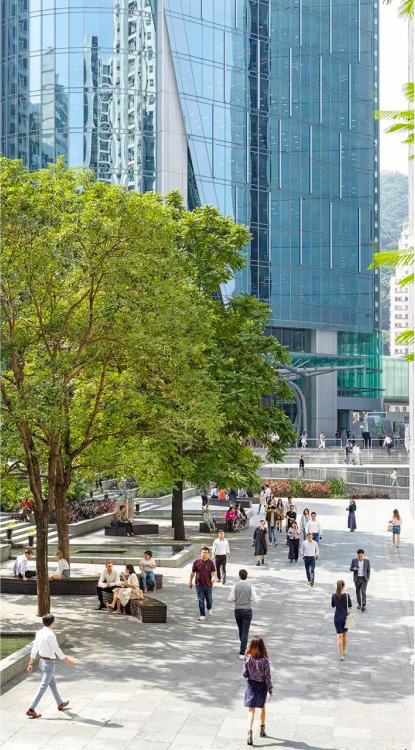5 Ways to Live a Low-Carbon Lifestyle
16 Sep 2021
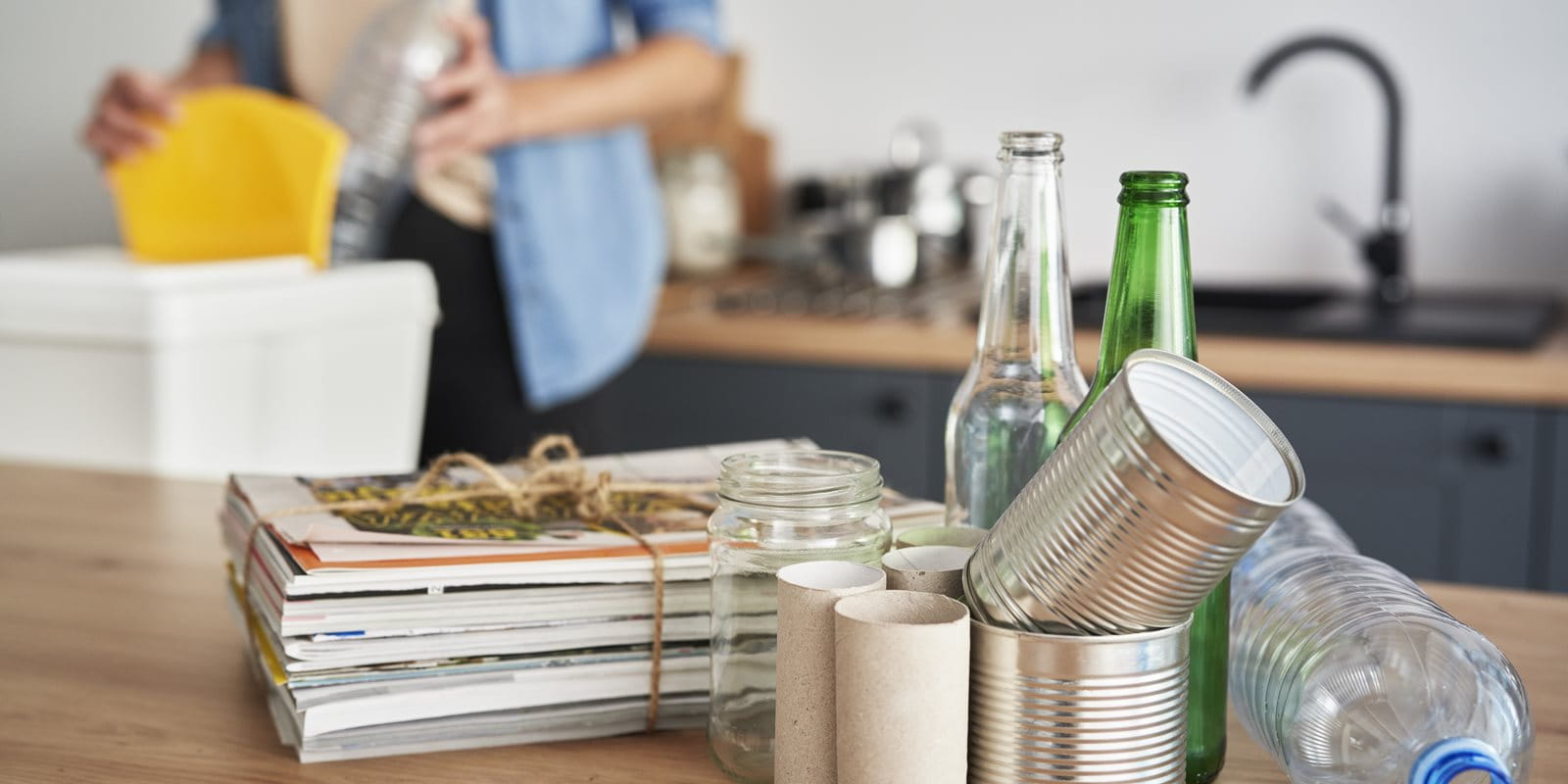
Low-carbon living is about fighting climate change by saving resources and reducing emissions of greenhouse gases – and a healthier planet is also healthier for us! By reducing our carbon footprint, we also lower our exposure to harmful chemicals and pollutants. But how exactly can we live more sustainably? Beyond turning off lights, recycling paper and plastics, there’s still a lot more we can do – are you in?
1. Check before you buy
Not all electrical appliances are designed for optimal energy efficiency. Even if two rice cookers share identical features, the amount of energy they require to run on may differ. That means you’re paying extra for the same functions performed!
Check for energy labels when we’re buying energy-efficient products! The Electrical and Mechanical Services Department (EMSD) runs energy efficiency labelling schemes for different electrical appliances. TVs with a Grade 1 label can save up to 177% of electricity as compared with those with a Grade 5 one. The labels also include useful information such as annual energy consumption to help you make smarter decisions.
And if you’re lucky to have a rooftop or a garden, consider installing solar panels to generate renewable energy. Both CLP and HK Electric offer electricity buy-back schemes, so you’ll save not just the planet, but also your wallet.
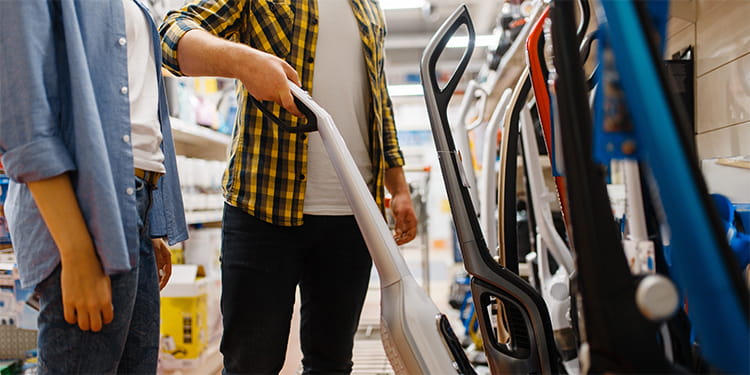
2. As Easy As Switch Them Off
Do you often just leave your computer in “sleep” mode when you get off work? Well, here are a few interesting facts that may change your mind:
- Switching off your computer and monitor outside of working hours for a month is equivalent to fully charging your phone 1,000 times – that’s almost three years’ worth of daily charging!
- Reducing your monitor brightness by 20% for a day equals to fully charging your phone eight times.
- The amount of energy saved by switching off unused lights and TV in a meeting room during non-working hours for just one day could fully charge your phone 480 times.
there’s more: even if your devices are “off”, they may still be consuming energy as long as they are plugged in. This is called phantom electricity loss. So, remember to disconnect your phone from the power source once it’s fully charged. Bonus tip: keep your battery between 40% and 80% to extend its life, and cleaning up apps that aren’t in use and turning off auto background updates will also help save battery on your phone.
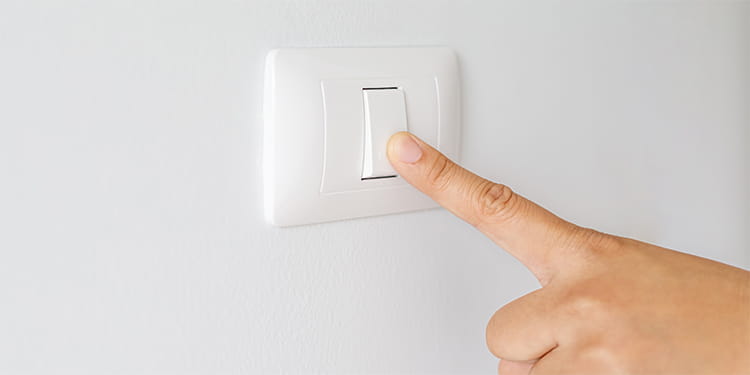
3. Travel Wiser and Smarter
Transportation is the second largest source of greenhouse gases in Hong Kong, and we all know the environmental benefits of using mass public transport. but if you need a private vehicle, there are also low-carbon options. Electric vehicles (EVs), for instance, produce zero tailpipe emissions.
In March 2021, the government announced a roadmap to attain zero vehicular emissions by 2050, and that plans would be set out to promote the adoption of EVs. In the meantime, if you’re worried that charging facilities are scarce, be rest assured that there are many charging stations at Taikoo Place, nearby Cityplaza, as well as Pacific Place and Citygate.
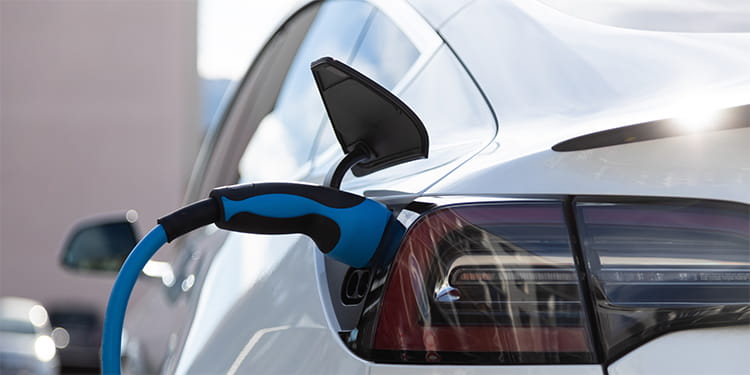
4. Repurpose E-waste
Responsible waste management is key to a sustainable lifestyle, and one type of waste is often overlooked: e-waste. Discarded devices can cause severe hazards to the environment and our health, as they contain toxic chemicals such as mercury and lithium. Instead of throwing them into regular waste bins, please bring them to dedicated recycling points, such as the one at The Loop. Swire Properties also organises the half-yearly Waste Electrical and Electronic Equipment (WEEE) Recycling Campaign, which sends collected appliances to the WEEE·PARK in Tuen Mun for recycling. Or, donate old but working electronics to charities like Mother’s Choice and Crossroads Foundation.
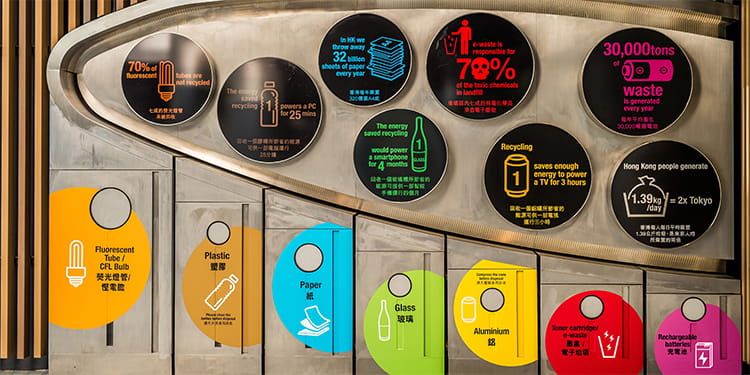
5. Recycle Beyond the Basics
Now that we are all caught up on sorting and recycling waste like paper, plastics, metals and e-waste, what more can we do? There are actually many surprising things that can also be repurposed. Old furniture, for example, can be recycled by organisations like Green Dot Home. For unwanted yet still perfectly intact items, why not give them a second life by gifting them to those in need? From homeware and books to clothes and accessories, there are many NGOs like the Hong Kong Salvation Army that would accept your generous donations. It’s all about doing good for the Earth, and also the community.
Swire Properties is the first real estate developer in Hong Kong and the Chinese Mainland to have a 1.5oC-aligned science based target. Find out more about our SD 2030 Strategy and join us in the effort to limit global warming to 1.5°C – we all count!


